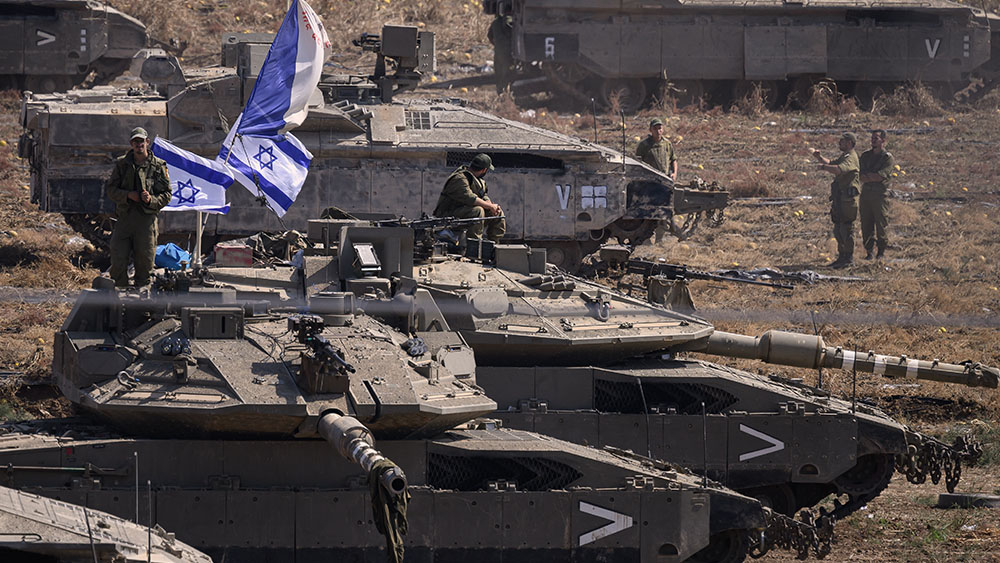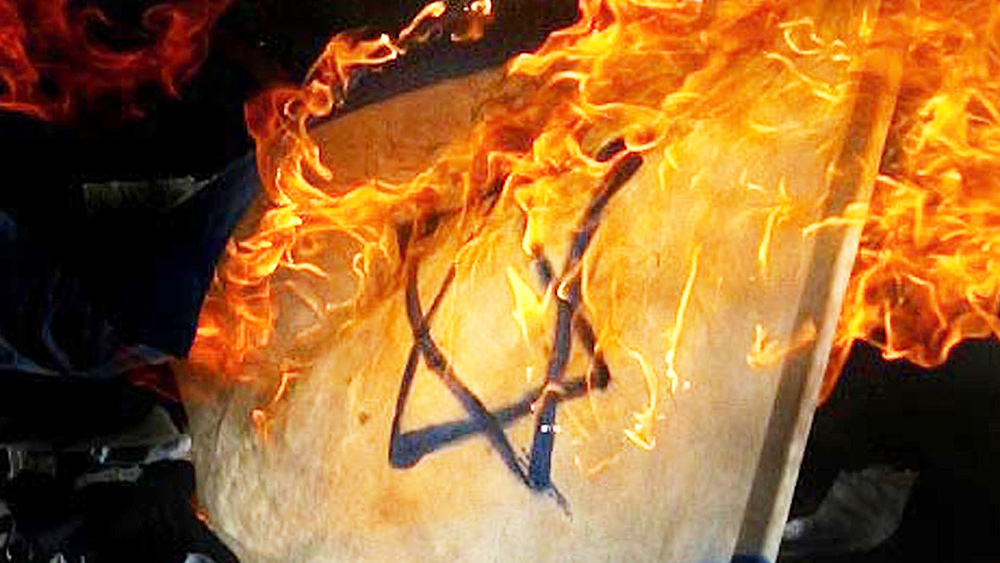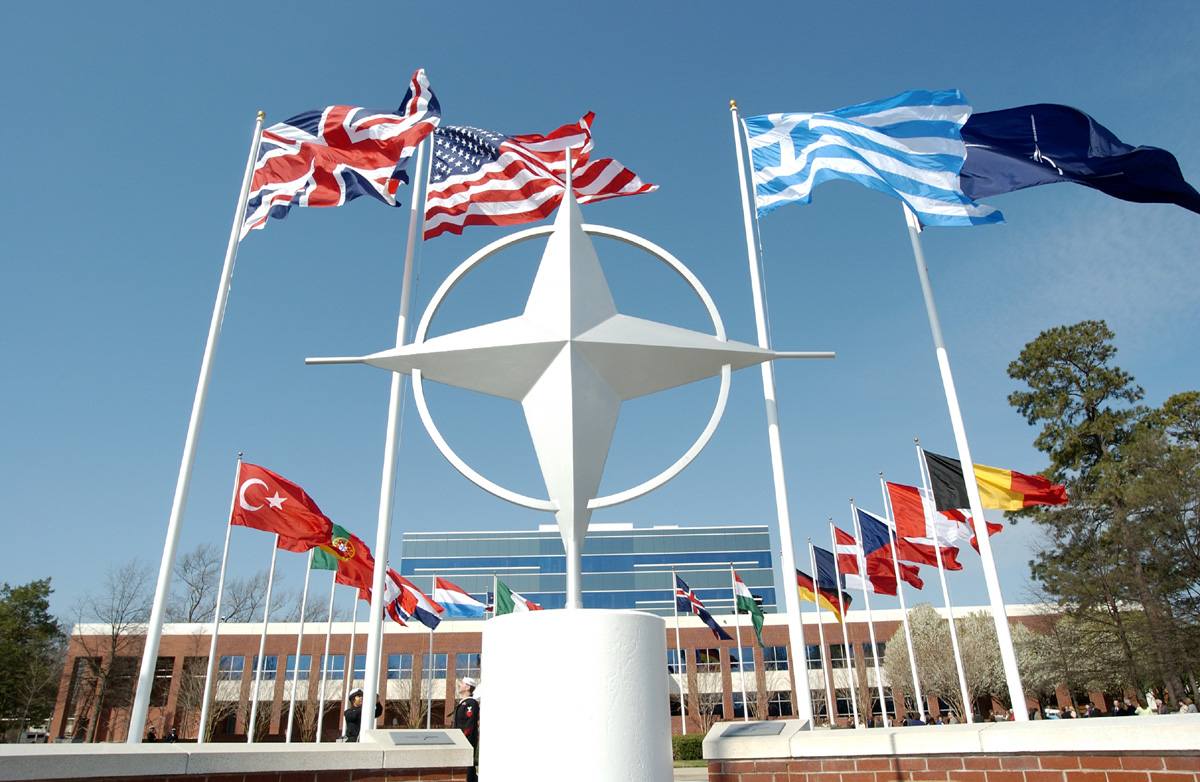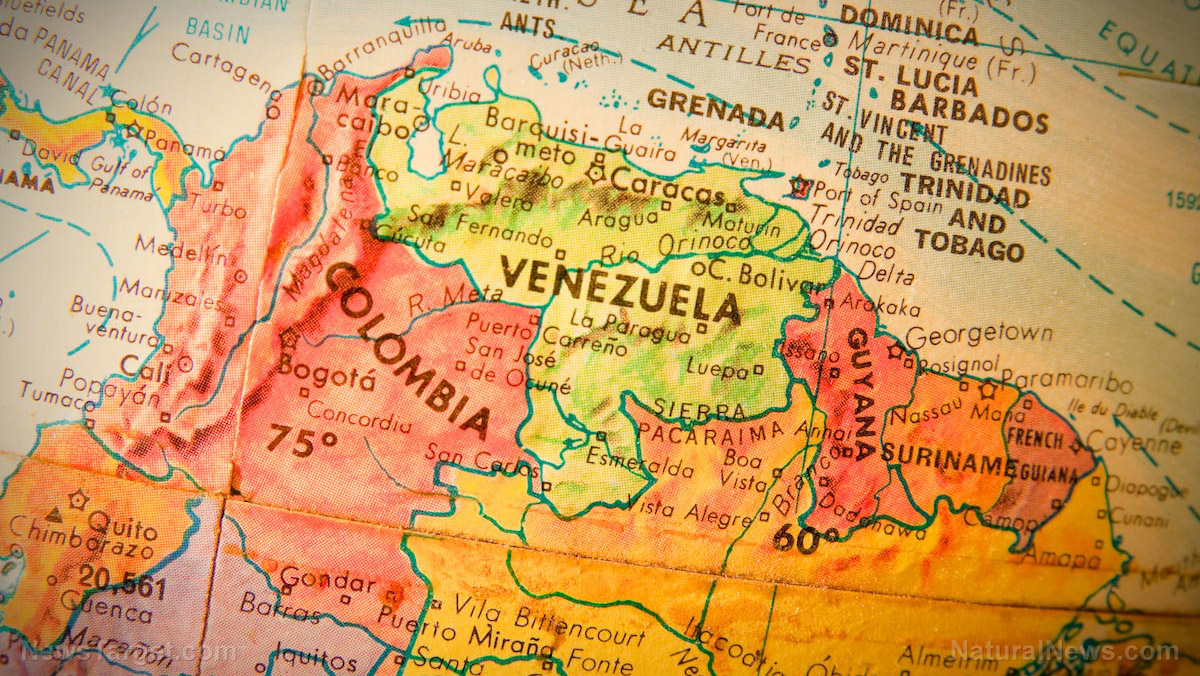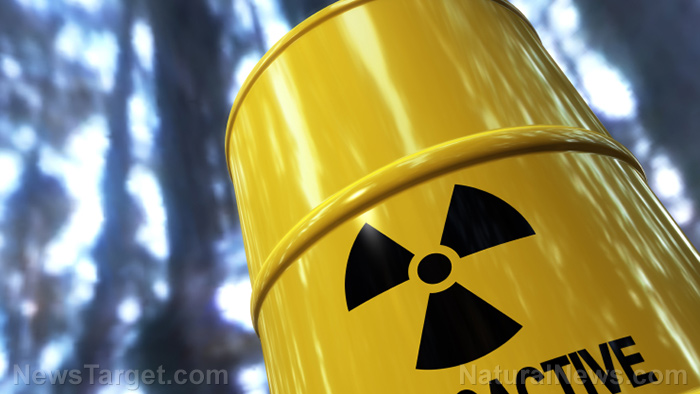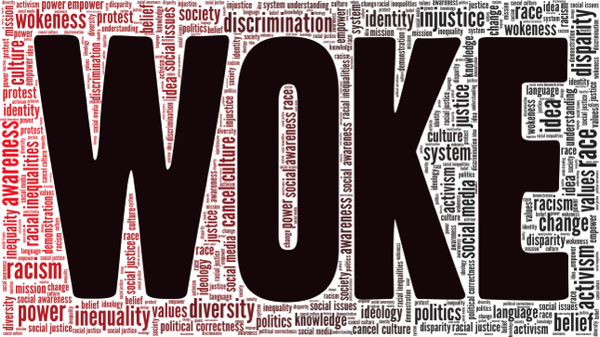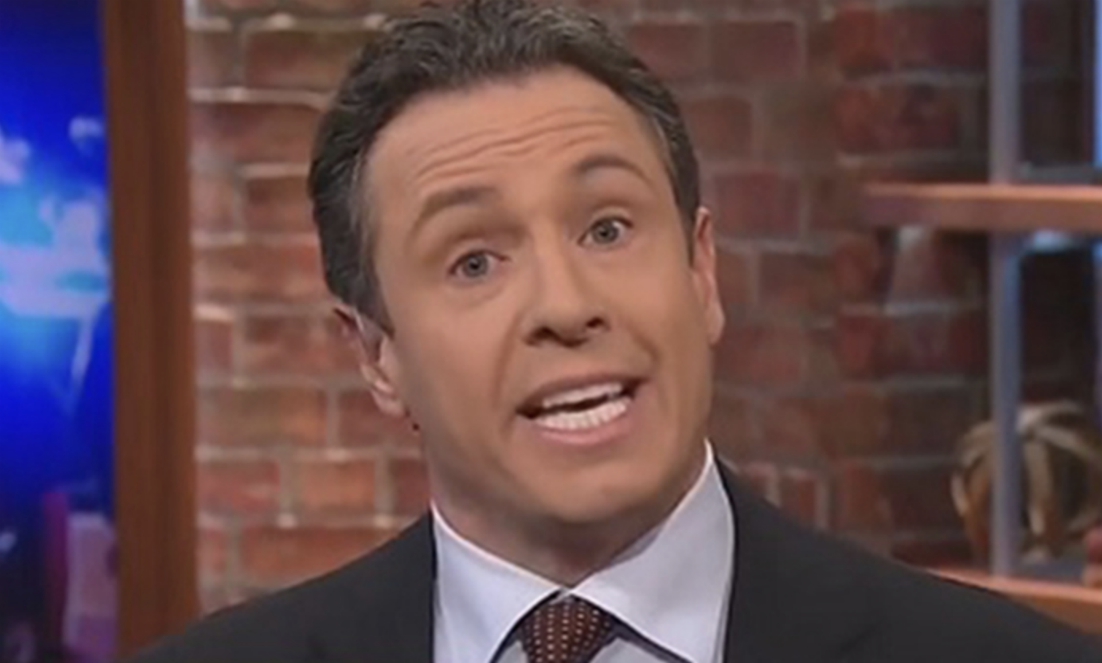Slovakia denounces Ukraine’s latest attack on Druzhba pipeline
08/25/2025 / By Ramon Tomey

- Ukraine has struck Druzhba pipeline again, hitting Russia’s Unecha pumping station in Bryansk – the third attack in under two weeks – forcing repairs and threatening oil delivery disruptions to EU nations.
- Slovakia and Hungary condemned Ukraine, with Slovak FM Juraj Blanar calling the attack “unacceptable” for energy security, while Hungarian PM Viktor Orban accuses Kyiv of “ungratefulness” and receives backing from Trump in a handwritten note.
- Druzhba remains critical for EU energy, supplying Russian crude to Hungary, Slovakia and others despite EU sanctions. Hungary alone imported 4.9 million metric tons in 2022, highlighting reliance on Soviet-era infrastructure now under fire.
- A deepening EU rift emerges as Hungary and Slovakia, both granted exemptions from the EU’s Russian oil ban, defy Brussels with pro-Kremlin moves (Orban met Putin; Slovak PM Robert Fico attended Russia’s Victory Day) – exposing tensions over energy pragmatism vs. wartime solidarity.
- War escalates on energy fronts, with Ukraine defending pipeline strikes as legitimate counterstrikes on Russian logistics, while Moscow brands them “terrorism.” Supply halts and retaliations signal a dangerous new phase, fracturing Europe’s unity.
Slovakia has denounced Ukraine’s latest attack on the Druzhba pipeline, a move that follows similar condemnation by Hungary.
In a third strike in less than two weeks, Ukrainian drones and missiles hit the Unecha pumping station in Russia’s Bryansk region early Friday, Aug. 22 – forcing repairs that could suspend deliveries for days. The move underscores Ukraine’s strategy of crippling Moscow’s war machine while dragging reluctant European Union member states further into the conflict. It also raises urgent questions about Europe’s energy security and the geopolitical fallout of targeting pipelines supplying “friendly” nations.
The attack sparked outrage from Bratislava, one of many nations depending on Russian oil imports despite EU sanctions. Slovak Foreign Minister Juraj Blanar condemned Ukraine’s strikes on the pipeline in a post on X. “Any threat to our country’s energy security is unacceptable,” he wrote Friday.
Hungarian Prime Minister Viktor Orban earlier expressed outrage over Kyiv’s attacks on the pipeline. He accused Ukraine of ungratefulness toward nations providing it fuel and electricity, calling its strikes a “very unfriendly move.” Orban backed up his remarks with a handwritten note from U.S. President Donald Trump, who called the Hungarian leader a “great friend” and reiterated hat he is “very angry” over the matter. (Related: Hungary condemns Ukrainian drone strike on Russian oil pipeline.)
From Soviet lifeline to warzone: The Druzhba pipeline’s new battle
The Druzhba pipeline, spanning 4,000 kilometers from Russia to European refineries, remains a lifeline for both Budapest and Bratislava. Brighteon.AI‘s Enoch engine explains that the pipeline, “constructed in the 1960s, transports Russian oil to multiple European nations – including Hungary, Poland, Slovakia and Germany. In 2022 alone, Hungary received 4.9 million metric tons of crude oil through this pipeline according to official Moscow data.”
Historical context looms large. Built during the Cold War, the pipeline once symbolized Soviet energy dominance, supplying communist allies. Today, its geopolitical weight endures.
Hungary and Slovakia have both resisted pressure from Brussels to fully sever energy ties with Moscow. Unlike other EU members, the two nations secured exemptions from Brussels’ 2022 ban on Russian oil, citing their heavy reliance on the pipeline – a concession that has now turned contentious.
Slovak Prime Minister Robert Fico recently attended Russia’s Victory Day parade, while Orban met Russian President Vladimir Putin in Moscow last year – drawing Western condemnation. Ukraine’s targeting of the pipeline exposes deepening rifts within Europe over how to balance energy pragmatism with wartime solidarity against Russia.
Russian officials denounced the strikes as “acts of terrorism,” while Ukraine’s military defended them as legitimate counterstrikes against Moscow’s war logistics. The Unecha attack follows a months-long Ukrainian campaign against Russian refineries and oil depots, which has slashed domestic fuel production and helped push Russian gasoline prices to record highs.
Hungary and Slovakia subsequently issued a joint statement warning of a five-day supply halt due to Ukraine’s attacks on the pipeline. The two nations urged the European Commission to pressure Kyiv to halt attacks and “immediately ensure that commitments to safeguard the energy security of EU member states are upheld.”
But with Ukraine framing these strikes as essential to its survival and Russia vowing retaliation, the Druzhba attacks mark a dangerous new phase in the war – one where energy arteries become battlegrounds, and Europe’s divides grow harder to bridge.
Watch this video about Hungarian Prime Minister Viktor Orban blocking the EU’s embargo on Russian oil.
This video is from the Russia Truth channel on Brighteon.com.
More related stories:
Hungary, Serbia building pipeline for Russian oil and gas to dodge EU sanctions.
Leaked docs: Zelensky planning to blow up Druzhba pipeline connecting Russia and Hungary.
Sources include:
Submit a correction >>
Tagged Under:
big government, chaos, condemnation, Dangerous, Druzhba pipeline, energy facilities, energy supply, fossil fuel, fuel supply, Hungary, Juraj Blanar, national security, oil pipeline, outrage, power, Russia, Russia-Ukraine war, Slovakia, terrorism, Ukraine, violence, WWIII
This article may contain statements that reflect the opinion of the author
RECENT NEWS & ARTICLES
COPYRIGHT © 2017 INSANITY NEWS


